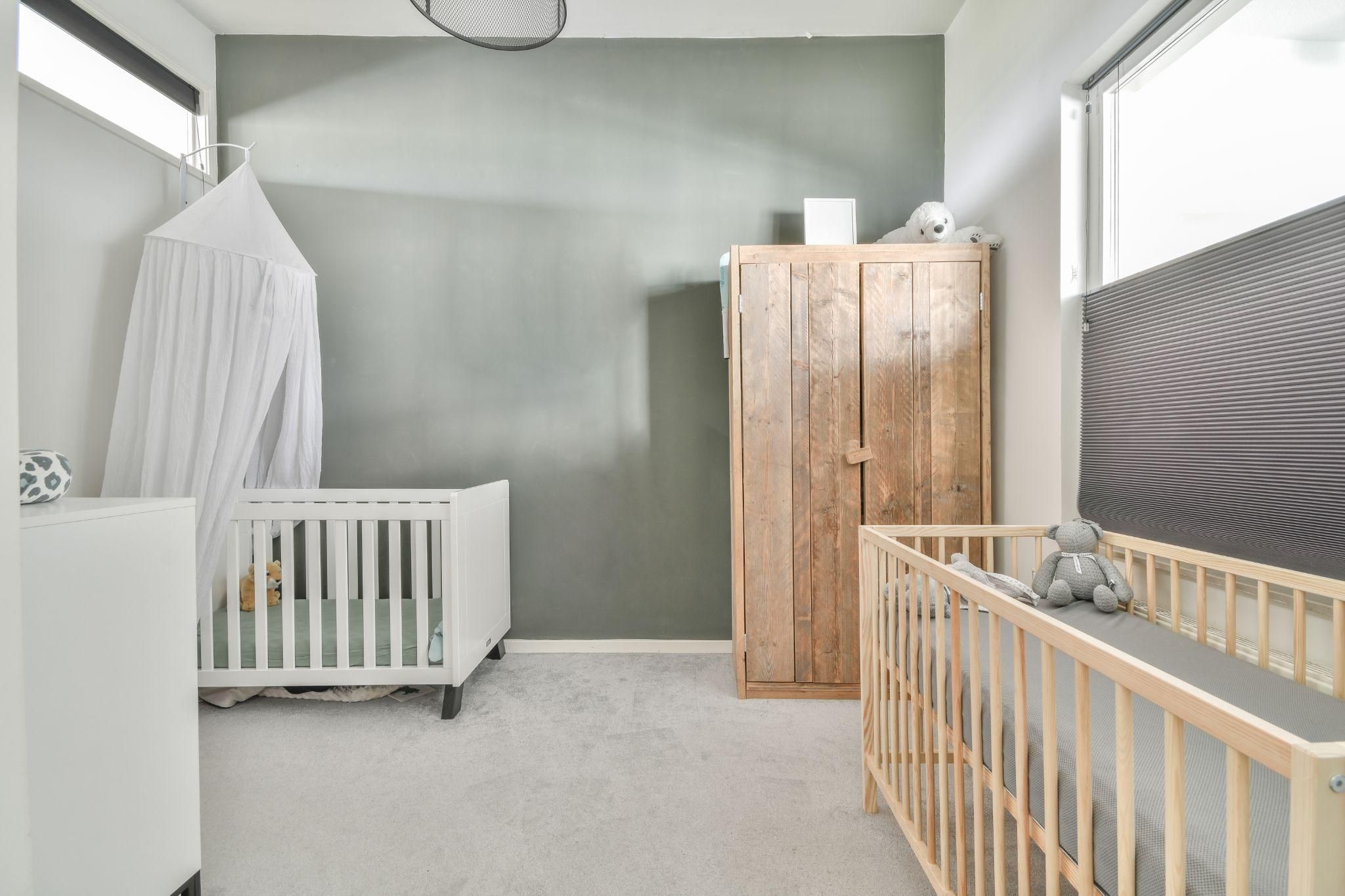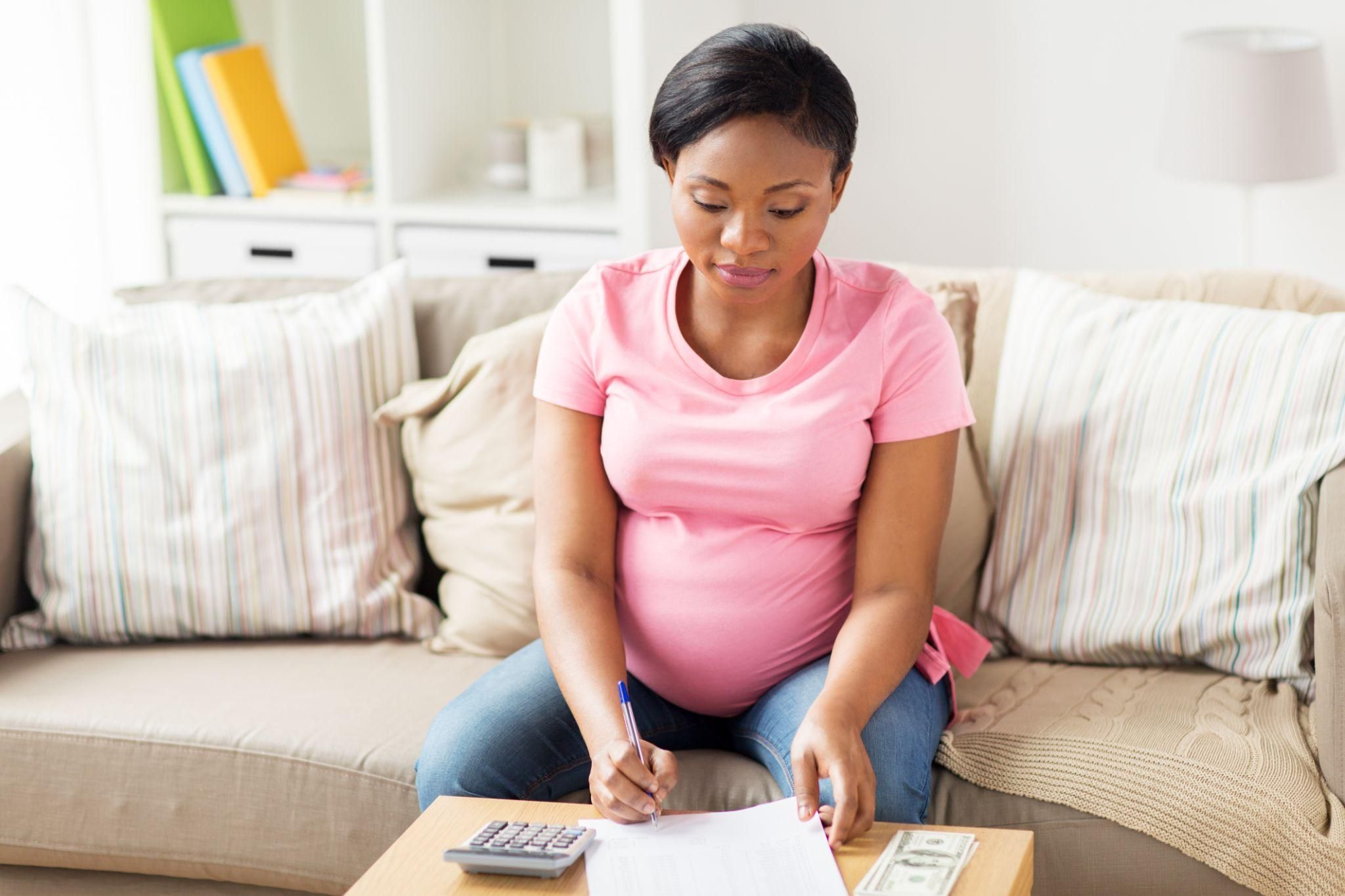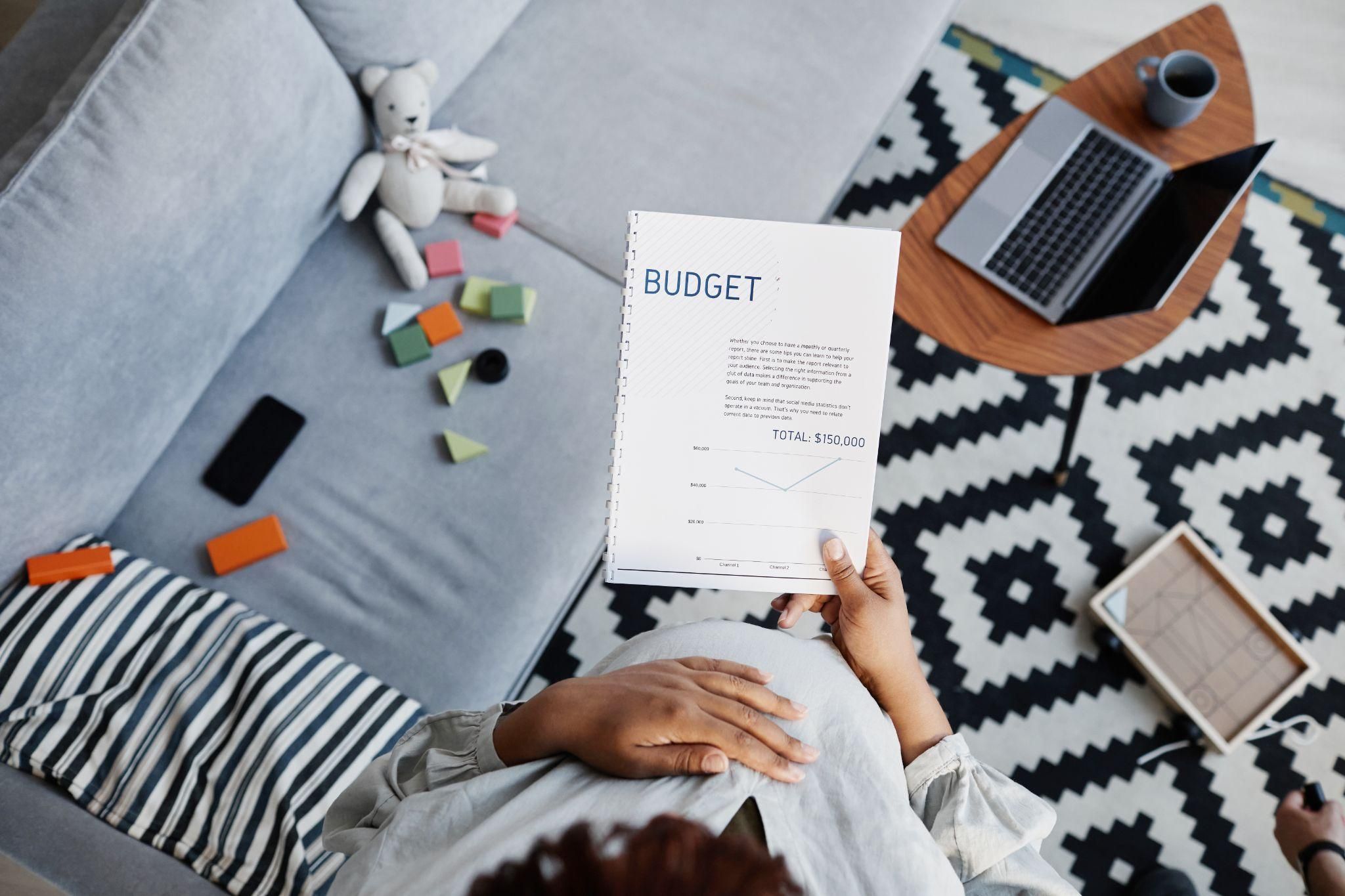Introduction
Having a baby is a joyful experience, but it can also be financially daunting. From setting up the nursery to managing healthcare costs, the expenses add up quickly. However, with a thoughtful approach, you can navigate this journey without straining your budget. Smart planning, like the kind of preparation you do during antenatal care, can make all the difference in saving money while still providing your baby with the best possible start in life.
This article explores practical, smart ways to save money when budgeting for your baby. From choosing second-hand essentials to maximising government benefits, these tips will help you balance your finances while ensuring your baby’s needs are met.
1. Create a Baby Budget
Before spending on baby gear or other essentials, it’s crucial to establish a clear budget. A well-planned budget allows you to track your spending, prioritise necessities, and avoid unnecessary expenses.
Steps to Create a Baby Budget:
List All Anticipated Expenses: Include one-off purchases like a crib, as well as recurring costs such as nappies and formula.
Factor in Healthcare Costs: Research expenses related to antenatal appointments, scans, and delivery.
Set Spending Limits: Allocate a maximum amount for each category to keep your budget under control.
Tools to Help:
Use a budgeting app like Emma to manage your finances.
Consult free resources from MoneyHelper UK for tailored budgeting advice.
2. Buy Second-Hand Essentials
Babies grow quickly, making it easy to find gently used items that are still in excellent condition. Buying second-hand not only saves money but is also an eco-friendly choice.
What to Buy Second-Hand:
Baby clothes and shoes.
Nursery furniture like cribs and changing tables.
Toys and play mats.
Items to Avoid:
Second-hand car seats, as their safety cannot always be verified.
Used mattresses due to hygiene concerns.
Explore local charity shops, Facebook Marketplace, and apps like Vinted for affordable second-hand baby gear.
3. Take Advantage of Free Resources
Many free resources are available for expectant parents in the UK. These can help reduce costs while providing valuable support and advice.
Examples of Free Resources:
Antenatal Clinics: NHS clinics often provide free healthcare, advice, and vitamins during pregnancy.
Baby Banks: Organisations like Little Village offer free baby essentials for families in need.
Parenting Classes: Look for free or low-cost antenatal classes near me through your local NHS trust or community groups.
4. Attend Antenatal Classes
Antenatal classes provide more than just information on labour and delivery—they also offer practical advice on baby care, feeding, and budgeting.
Benefits of Antenatal Classes:
Learn about breastfeeding, which can save hundreds of pounds compared to formula feeding.
Get tips on choosing affordable, high-quality baby products.
Meet other parents to share advice and resources.
Search for classes on NHS Antenatal Services. Many private providers, such as NCT UK, also offer virtual and in-person options.
5. Use Government Benefits and Schemes
The UK government provides several programmes to help new parents manage the costs of having a baby.
Key Programmes:
Healthy Start Vouchers: Eligible families can receive free vitamins and money towards milk, fruit, and vegetables.
Tax-Free Childcare: Save up to £2,000 annually on childcare costs.
Child Benefit: Receive £21.80 per week for your first child and £14.45 for additional children.
Visit GOV.UK to check eligibility and apply for these benefits.
6. Shop Smart During Sales
Timing your purchases can result in significant savings, especially on big-ticket items like prams and car seats.
Tips for Shopping Smart:
Wait for Sales: Look for deals during Black Friday, January sales, or summer clearance events.
Sign Up for Alerts: Subscribe to retailers like John Lewis, Boots, or Argos for notifications on discounts.
Bundle Deals: Many retailers offer savings when you buy multiple items together, such as travel systems or nursery bundles.
7. Breastfeed If Possible
Breastfeeding is not only beneficial for your baby’s health but also saves money on formula and feeding supplies.
Savings from Breastfeeding:
Formula can cost between £40–£80 per month, which adds up over time.
Breastfeeding requires minimal equipment, such as nursing bras or a breast pump.
Learn more about breastfeeding techniques and support through free antenatal education sessions.
8. Invest in Reusable Products
Switching to reusable items for your baby can save money in the long run while being environmentally friendly.
Reusable Options:
Cloth nappies instead of disposables.
Washable baby wipes.
Reusable breast pads for nursing mothers.
Many councils offer incentives or grants for families using cloth nappies. Check with your local council for details.
9. Build a Capsule Wardrobe
Babies grow quickly, so investing in a large wardrobe isn’t practical. Instead, opt for a capsule wardrobe with versatile, high-quality pieces.
Tips for a Baby Capsule Wardrobe:
Choose neutral colours to make outfits interchangeable.
Prioritise essential items like sleepsuits and bodysuits.
Buy in larger sizes to extend the wearability.
Shop at affordable UK retailers like Primark, George at ASDA, and TU at Sainsbury’s for baby basics.
10. Make Your Own Baby Food
Homemade baby food is significantly cheaper than buying pre-packaged jars or pouches. Plus, it allows you to control the ingredients and ensure your baby eats fresh, healthy meals.
Simple Recipes:
Puree steamed vegetables like carrots, sweet potatoes, or broccoli.
Blend fruits like bananas, pears, or apples with a splash of water.
Invest in a baby food blender, such as the Tommee Tippee Baby Food Maker, for easy preparation.
11. Borrow or Share Items
If you have friends or family who recently had a baby, ask if you can borrow baby gear they no longer use. This is a great way to save on big-ticket items like high chairs or playpens.
Join local parenting groups or attend prenatal yoga sessions to connect with other parents who may have items to share or swap.
12. Build an Emergency Fund
Preparing for a baby includes planning for unexpected expenses, such as medical bills or replacing worn-out items.
How to Build an Emergency Fund:
Save a portion of your income each month, even if it’s a small amount.
Use a high-interest savings account for faster growth.
Cut back on non-essential spending to boost your savings.
13. Take Advantage of Loyalty Programmes
Many UK retailers offer loyalty programmes that provide discounts, coupons, or cashback for parents.
Programmes to Join:
Boots Parenting Club: Earn 8 points per £1 spent on baby products.
Tesco Clubcard: Access member-only prices and save on groceries.
Amazon Baby Wishlist: Receive discounts on eligible products.
14. Focus on Multipurpose Baby Gear
Choose baby items that grow with your child or serve multiple purposes to get more value for your money.
Examples:
Convertible cribs that transition to toddler beds.
High chairs that adjust as your baby grows.
Travel systems that include a car seat, pram, and stroller.
15. Engage with Online Communities
Online parenting forums and groups are excellent resources for saving tips, product reviews, and advice.
Popular UK Communities:
Mumsnet
Netmums
BabyCentre UK
These forums are a great way to learn from other parents’ experiences and discover hidden savings opportunities.
Conclusion
Budgeting for a baby doesn’t have to be overwhelming. By planning ahead, exploring free resources, and making smart purchasing decisions, you can save money while providing the best for your baby. Just as antenatal care ensures your baby’s health before birth, thoughtful budgeting ensures financial security for the future.
From attending antenatal classes to shopping during sales, these strategies empower you to navigate parenthood with confidence and peace of mind.
References
- The Ultimate Antenatal Classes
Prepare for labour, birth, and baby care with nine experts, including senior NHS midwives and an award-winning obstetrician!
https://unii.com/en/journey/ultimate-antenatal-classes









